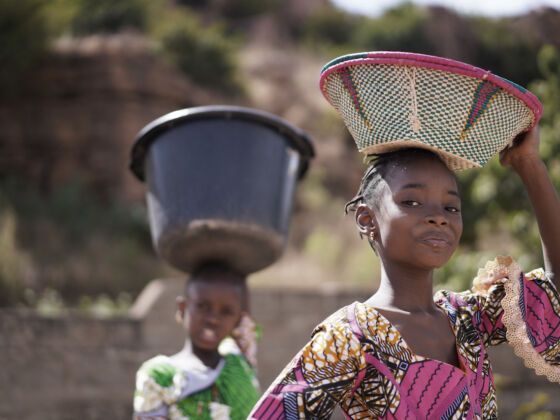1. “This is a “developing” country.”
Even the term “developing country” can already assume too much. To this day, there is still no standard metric used by global organizations to determine at what point a country is “developed” or not. Without any clear definition, travelers then are left to create their own standards, which are often relative to their own experiences. Is a country “developed” simply because it’s wealthy? Because it has skyscrapers? Because the public transportation runs on time? Without a standard, there is no way to determine which definition is more accurate.
The World Bank decided to stop using the term “developing country” this year, claiming it was no longer a relevant way of categorizing countries. When we travel, we should probably do the same.
